About Family Guidance Centers
If you or a loved one is struggling with addiction, you’re not alone. Family Guidance Centers can help. We offer a variety of services to meet your unique needs, including dual diagnosis, opioid addiction, drug rehab, outpatient rehab, cognitive behavioral therapy, rational behavior therapy, and trauma therapy. We’re here to help you every step of the way, so please don’t hesitate to reach out to us. We’re here to help you heal and recover, and we’ll do everything we can to support you on your journey.
Addiction Treatment Programs
Dual Diagnosis
A dual diagnosis is when you have a mental health diagnosis along with a substance use disorder. Getting integrated rehab in Illinois is essential to long-term recovery. Whether you need detox, inpatient treatment, or outpatient care, dual diagnosis program will offer specific support for your mental health needs alongside traditional substance use treatment.
Opioid Addiction
If you choose rehab in Illinois, you’ll receive professional treatment that will help you break free of opioid addiction. During this program, you’ll work with professional counselors to deal with the psychological, emotional, and physical issues that opioid misuse can cause. Over time, you’ll learn how to live without substance use long-term.
Drug Rehab
If you’re struggling with your substance use use, consider a drug rehab in Illinois. In a drug treatment program, you’ll not only receive treatment, but you’ll participate in activities, receive peer support, and learn how to have fun without substance use.
Insurance Coverage
Self-pay options
In Illinois, you can pay for rehab yourself, which is known as self-pay. Whether you write a check, have money sent to the center electronically, or use a medical loan, you’ll want to check the fee schedule, which may vary depending on the level of care.
Medicaid
There are many ways to pay for rehab in Illinois, including using Medicaid if you qualify. Using Medicaid can allow you to access treatment without paying much, if anything, out of pocket. Be sure to find a center that accepts Medicaid and has the level of care you need.
Private insurance
There are many ways to pay for rehab in Illinois, and one option is to use private insurance. Insurance plans can pay some or all of the costs of rehab. Each plan has different coverage details, and you’ll pay less if you choose a treatment center in the plan’s network. Contact the insurer to find out more information.
Sliding scale payment assistance
Don’t let the cost of rehab keep you from getting care in Illinois. Instead, find a program that has a sliding scale payment plan. Whether you need detox, inpatient treatment, or outpatient care, you can qualify for a lower cost based on your income and family size.
Levels of Care
- 1
Outpatient Rehab
Outpatient treatment in Illinois allows clients to live at home or in a sober living facility while attending treatment. Building a new life for yourself takes time, and it’s important to have enough support throughout the process. Outpatient treatment allows you to have more intensive or less intensive help, depending on your needs.
Therapies
Cognitive Behavior Therapy
In Illinois, cognitive behavioral therapy (CBT) is widely used in addiction treatment. Substance use treatment includes detox, inpatient treatment, and outpatient care, and CBT may be a part of each of these stages. The goal is to help clients identify distorted thinking, replace it with rational thinking, and change their responses accordingly.
Rational Behavioral Therapy
Rational behavior therapy in Illinois teaches you to recognize triggering events, reframe irrational beliefs, and choose healthier responses. This therapy may include role-playing to help you imagine specific situations that might trigger a negative reaction so you can practice challenging irrational beliefs and choosing a more positive response.
Trauma Therapy
Many people struggling with addiction in Illinois are dealing with unprocessed trauma. Trauma-informed therapy can help you address what happened and develop healthier coping strategies. Both inpatient treatment and outpatient care can include trauma-informed therapy, which helps you create a feeling of safety, access peer support, embrace the validity of your feelings, and create healthy coping skills.
Accreditations
Location
Contact Family Guidance Centers
Top Drug Rehab Centers in Illinois
-
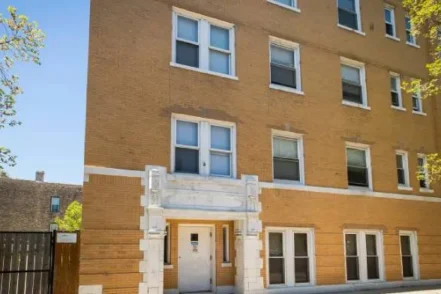 Illinois
IllinoisGateway Foundation Kedzie Recovery Home
1706 North Kedzie Avenue Chicago, Illinois 60647
-
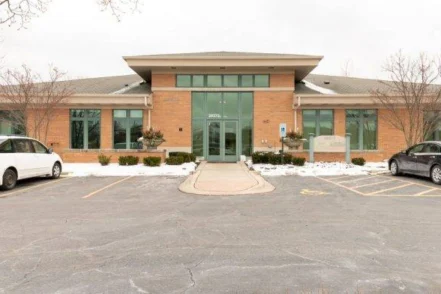 Illinois
IllinoisSymetria Recovery Naperville Warrenville
28373 Davis Parkway, Suite 500 Warrenville, Illinois 60555
-
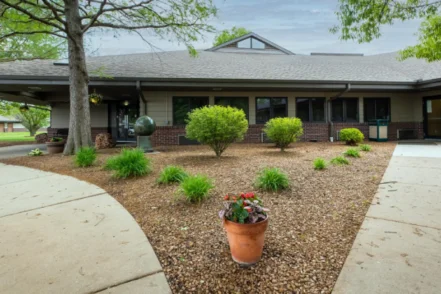 Illinois
IllinoisGateway Foundation Caseyville
600 West Lincoln Avenue Caseyville, Illinois 62232
-
 Illinois
IllinoisHazelden Betty Ford Foundation
867 North Dearborn Street Chicago, Illinois 60610
-
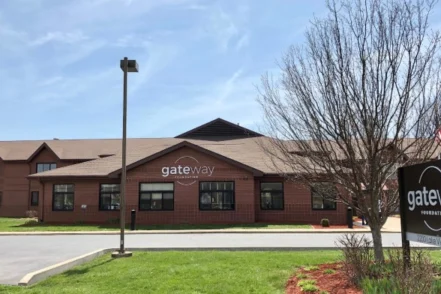 Illinois
IllinoisGateway Foundation
2200 Lake Victoria Drive Springfield, Illinois 62703
-
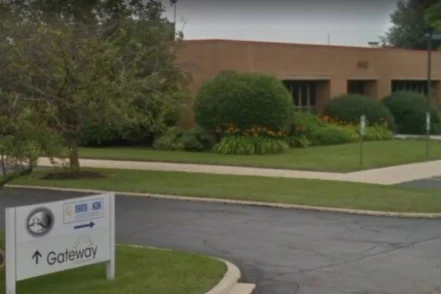 Illinois
IllinoisGateway Foundation Mercy Lane
400 Mercy Lane Aurora, Illinois 60506
-
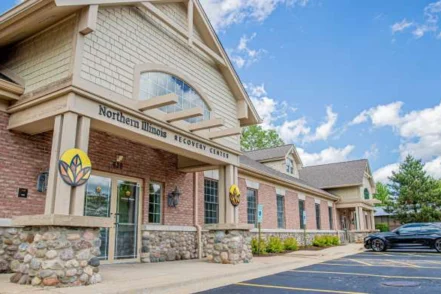 Illinois
IllinoisNorthern Illinois Recovery Center
620 N State Rte 31 Crystal Lake, Illinois 60012
-
 Illinois
IllinoisPreferred Family Healthcare Recovery Resources
428 South 36th Street Quincy, Illinois 62301
-
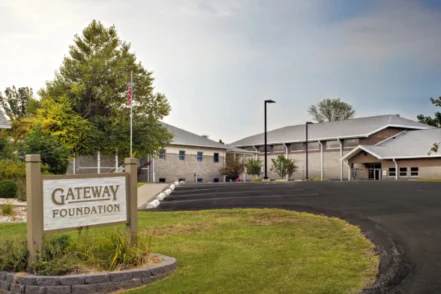 Illinois
IllinoisGateway Foundation Carbondale
1080 East Park Street Carbondale, Illinois 62901
-
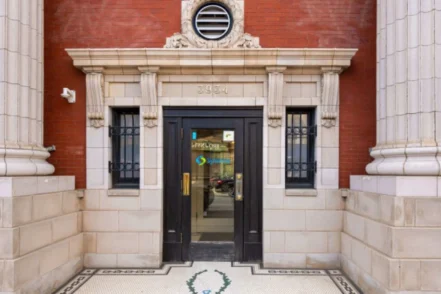 Illinois
IllinoisSymetria Recovery Lakeview
3934 North Lincoln Avenue Chicago, Illinois 60613
-
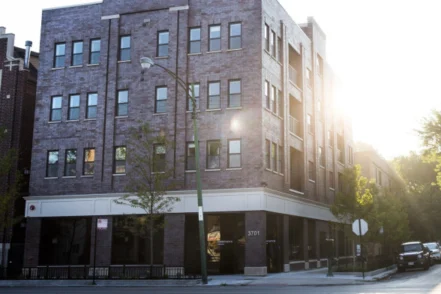 Illinois
IllinoisRosecrance Lakeview
3701 N. Ashland Ave Chicago, Illinois 60613
-
 Illinois
IllinoisFootprints To Recovery
411 West River Road, Suite 309 Elgin, Illinois 60123
-
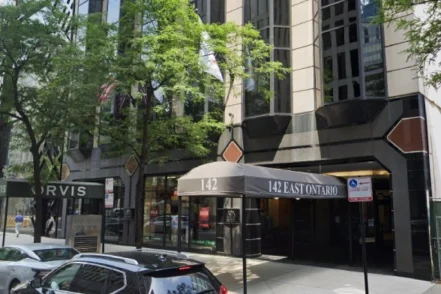 Illinois
IllinoisPositive Sobriety Institute
680 N Lake Shore Dr, Suite 800 Chicago, Illinois 60611
-
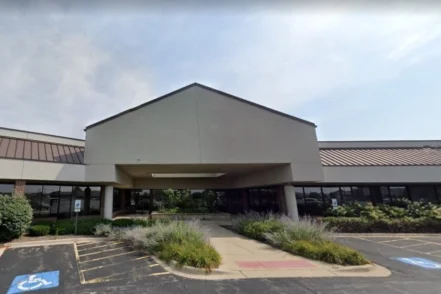 Illinois
IllinoisMathers Recovery Elgin
420 Airport Rd, Suite C Elgin, Illinois 60123
-
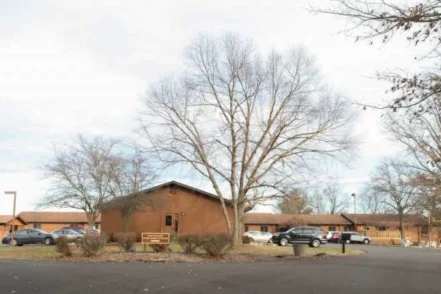 Illinois
IllinoisCenterstone Fellowship House Campus
800 North Main Street Anna, Illinois 62906
Other Popular Illinois Cities
Browse by Illinois cities
- Cairo
- Calumet City
- Canton
- Carbondale
- Carlinville
- Carlyle
- Carmi
- Carol Stream
- Carpentersville
- Carrollton
- Carterville
- Carthage
- Cary
- Caseyville
- Centralia
- Champaign
- Charleston
- Chester
- Chicago
- Chicago Heights
- Chicago Ridge
- Chillicothe
- Cicero
- Cissna Park
- Clifton
- Clinton
- Collinsville
- Crest Hill
- Crete
- Crystal Lake

